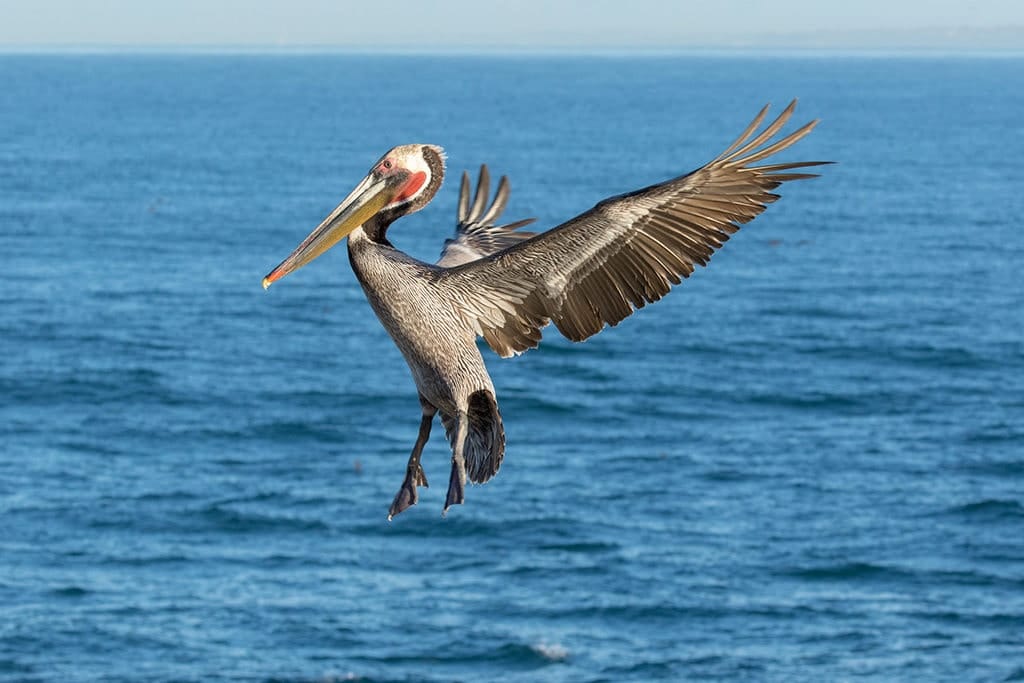
Your comments helped the Council to adopt management changes to allow more food in the water for seabirds overall, and to move forward with efforts to track and respond to fluctuations in forage fish levels. These actions are critical for supporting seabirds as climate change makes prey harder for seabirds to find.
New Protections for Northern Anchovy
The Council unanimously adopted a new management framework for northern anchovy. The new framework will require annual surveys of the health of the anchovy population; regular two-year check-ins on the relationship of catch levels to the size of the stock, which can fluctuate dramatically; and regular adjustments to catch levels based on the health of the stock. The catch levels include a large buffer (75% reduction from Overfishing Limit) to ensure adequate prey for seabirds and other predators. This updated management approach, which will begin in 2022, and is in sharp contrast with the current approach which is a set catch level of 25,000 tons that never changes no matter what the size of the stock. The current management scheme puts many seabirds, marine mammals and commercially important fish like salmon at risk as they depend on anchovy for food. This is a big win!
Update on Short Belly Rockfish Protections
We had asked the Council to move forward on initiating a process to prohibit a directed fishery (a targeted fishery on a single species) on short belly rockfish. While there is currently no directed fishery on this species, there is concern about a fishery opening up as global demand for fish meal products is increasing and small forage fish species are the target of these fisheries. Of more immediate concern, is that bycatch (incidental catch) of short belly rockfish is increasing in the Pacific whiting fishery, particularly in federal waters off of Oregon and Washington. The increase in bycatch is thought to be related to a shift in short belly range northward due to a changing climate. Unfortunately the Council did not move forward to initiate the fishery prohibition process at the November meeting. However, they did agree to consider it again at the March 2022 meeting. And importantly the Council did pass a motion to set up a 2,000 ton bycatch trigger that would necessitate a review of the situation which would be a step in the direction of moving toward fishery prohibition. We consider this a partial win.
Your efforts were part of a larger effort led by National Bird Alliance of Oregon, Bird Alliance of Oregon California and Chapters up and down the West Coast. We have worked for years to update management protection for forage fish species in the West Coast federal waters – a huge area (320,000 square miles) that lacked adequate protection from overfishing. The West Coast Bird Alliance of Oregon network has been a leader in these efforts and has consistently engaged to advance policies that safeguard both viable fisheries and seabirds.
Thanks again for your activism and we look forward to your help in continuing this work.



